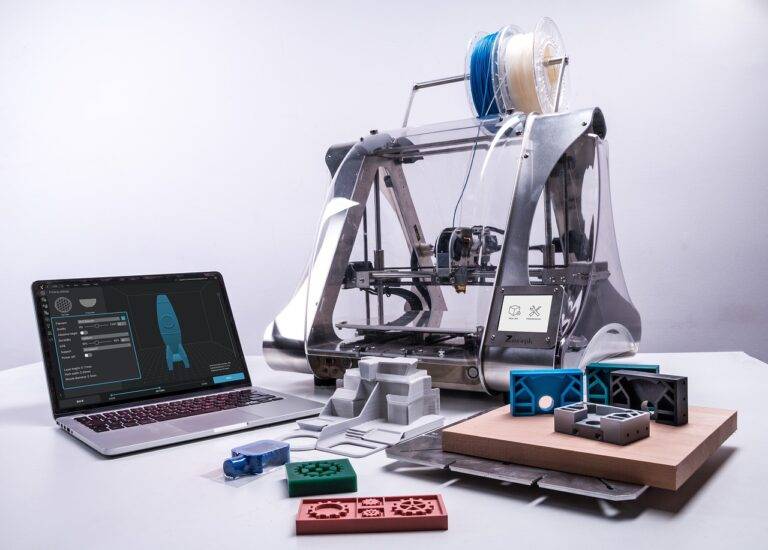The Evolution of AI in Agriculture
In recent years, the agricultural industry has witnessed a significant transformation with the integration of Artificial Intelligence (AI) technologies. AI in agriculture encompasses a wide range of applications aimed at optimizing farming processes, increasing productivity, and addressing various challenges faced by farmers worldwide.
One of the key benefits of AI in agriculture is its ability to collect, analyze, and interpret vast amounts of data to provide valuable insights for decision-making. From precision farming techniques to predictive analytics for weather patterns and crop yields, AI enables farmers to make more informed choices that can enhance efficiency and sustainability in their operations.
The Impact of AI on Crop Monitoring
AI has revolutionized crop monitoring by providing farmers with real-time data and insights to make informed decisions. Through the use of drones, sensors, and satellites, AI technology can monitor various aspects of crops such as growth patterns, soil moisture levels, and disease detection. This constant surveillance allows for early detection of any issues that may arise, leading to more efficient and targeted interventions to maximize crop yield.
Additionally, AI in crop monitoring has significantly reduced the need for manual labor and minimized human error in data collection and analysis. By automating the monitoring process, farmers can save time and resources while improving the accuracy of their data. This shift towards AI-powered crop monitoring has not only increased productivity and profitability for farmers but also promoted sustainable practices through precision agriculture techniques.
• AI technology allows for real-time monitoring of crop growth patterns, soil moisture levels, and disease detection
• Early detection of issues leads to more efficient interventions and maximizes crop yield
• Automation reduces the need for manual labor and minimizes human error in data collection and analysis
• Farmers save time and resources while improving the accuracy of their data
• AI-powered crop monitoring increases productivity, profitability, and promotes sustainable practices through precision agriculture techniques.
AI Applications in Pest Control and Disease Management
AI technologies have revolutionized the way pest control and disease management are conducted in agriculture. By leveraging machine learning algorithms, AI systems can quickly analyze vast amounts of data to identify patterns and predict potential outbreaks of pests or diseases. This proactive approach allows farmers to take timely preventive measures, reducing the impact of these threats on crop yield and quality.
In addition to predicting pest and disease outbreaks, AI is also being utilized to optimize the use of pesticides and other treatments. By analyzing factors such as weather conditions, crop type, and pest behavior, AI systems can recommend the most effective and environmentally friendly treatment strategies. This targeted approach not only reduces the reliance on chemical inputs but also minimizes the risk of developing pesticide resistance in pests, ensuring long-term sustainability in agriculture.
How can AI be used in agriculture?
AI can be used in agriculture for crop monitoring, pest control, disease management, and optimizing farming practices.
What is the impact of AI on crop monitoring?
AI allows for real-time monitoring of crop health, growth, and yield predictions. This helps farmers make informed decisions for better crop management.
How does AI help in pest control and disease management?
AI can analyze data from sensors, drones, and satellite imagery to detect early signs of pest infestations and diseases. This enables farmers to take timely action to prevent crop losses.
Can AI applications in pest control and disease management reduce the use of pesticides?
Yes, AI can help farmers use pesticides more efficiently by targeting specific areas that are affected by pests or diseases. This minimizes the overall use of pesticides and reduces environmental impact.
Are there any challenges in implementing AI applications in agriculture?
Some challenges include the initial cost of implementing AI technology, data privacy concerns, and the need for training farmers to use the technology effectively. However, the benefits of AI in agriculture outweigh these challenges in the long run.





